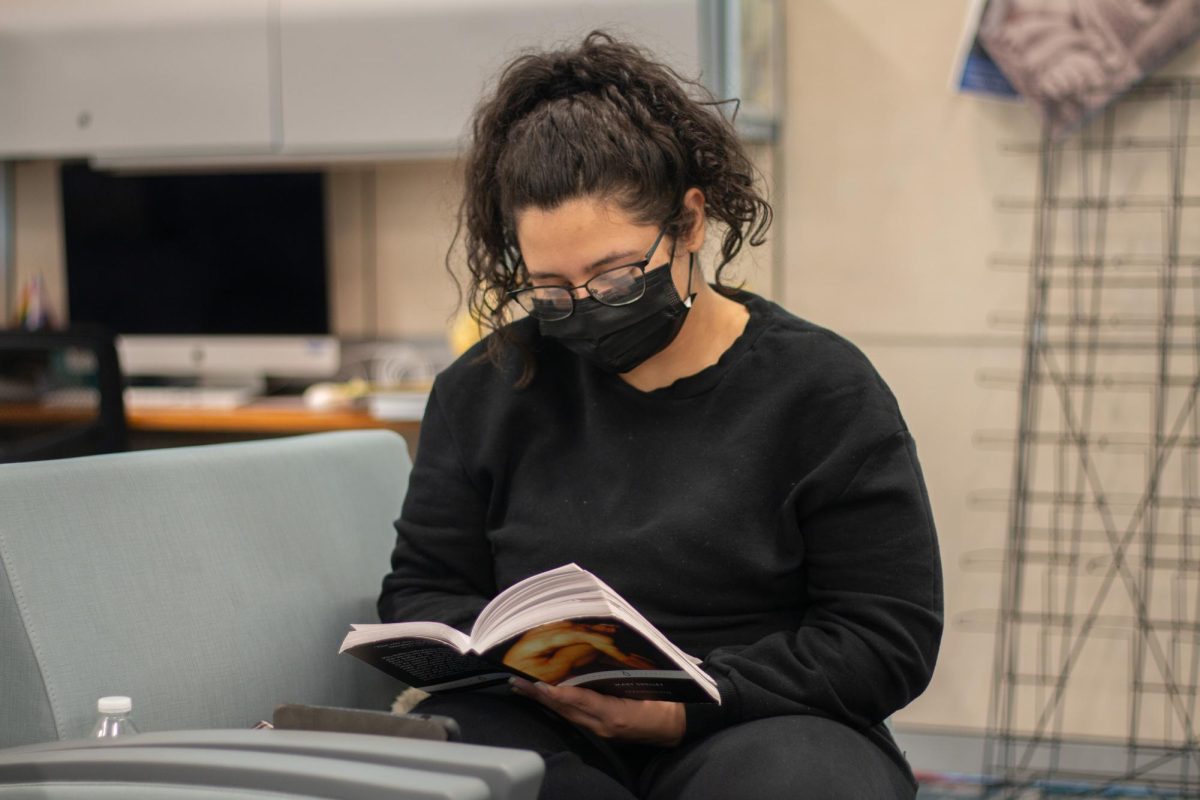It has now been over a year since the conflict between Israel and Palestine began, and its horrible effects have yet to be truly uncovered. Although there has been plenty of coverage around the violence happening in the area, there is surely much more to be revealed in the future.
Palestinian authors have had a wide impact on literature since long before the conflict began. They have worked hard to spread the story of Palestine, and advocate for the freedom of the Palestinian people. Their stories are often complex and emotional.
This is by no means an exhaustive list of Palestinian authors; there are hundreds of choices out there, and surely one for every reader’s taste. This is merely a highlight of many impactful authors.
In a beautifully emotional story that reveals a lot about the Palestinian experience, Susan Abulhawa writes about a young refugee who must escape brutal treatment in many parts of the Middle East to find freedom for her family. “Against the Loveless World” follows Nahr, a woman born in Kuwait, who is now sitting in prison. The novel serves as a reflection of the events that got her there, most of which result from a lack of stable shelter and the looming Israeli occupation of her new home in Palestine.
Abulhawa’s novel is a devastating, realistic portrayal of what it’s like to live under such an occupation, but it’s also a tale of freedom and empowerment. Nahr’s strength and the way she, in her own words, “colonized the colonizer’s space of authority,” can be very inspiring to those who are witnessing the same sort of history unfold before their eyes.
Mohammed El-Kurd’s “Rifqa” is a poetry collection that serves as the author’s first foray into the genre. It’s an autobiographical story, for the most part, following the author’s time growing up in Sheikh Jarrah, a neighborhood in Jerusalem where most inhabitants are homeless due to endless conflict with Israel. El-Kurd has since become a strong advocate for Palestinian rights and continues to protest both inside and outside the area.
“Rifqa” communicates that the harms inflicted on the Palestinian people are not a one-time occurrence. It cannot be simplified to the events that began last Oct. 7. Instead, this is merely a continuation of decades of ethnic cleansing. El-Kurd’s story is helpful in understanding the ways that individual villages and families are affected.
For those looking for nonfiction, Rashid Khalidi’s “The Hundred Years’ War **on Palestine” **serves as a good education tool. Although it does not cover the most recent conflicts in the area, it does go into the history between Israel and Palestine, showing just how far back these horrible acts travel. It’s not a recent phenomenon, nor is it perpetrated by just one group; the book criticizes many countries who have harmed the area with ideas of settler colonialism.
The book uses a wide variety of sources to create an objective report on what has happened to Palestinians over the last century. Many are to blame for Palestinian suffering — not just Israel, but colonizer movements in other countries as well. It uses primary and secondary sources to leave no doubts in the minds of readers, which is important with a topic as serious as this.
Stories are an important part of a culture’s voice, history and background. While the Palestinian people greatly deserve the material support that comes from awareness, financial support and protest, they also deserve to have their more mundane stories be known.
This article appeared in print on Page 10 of Vol. LVIII Issue V, published Oct. 21, 2024.


